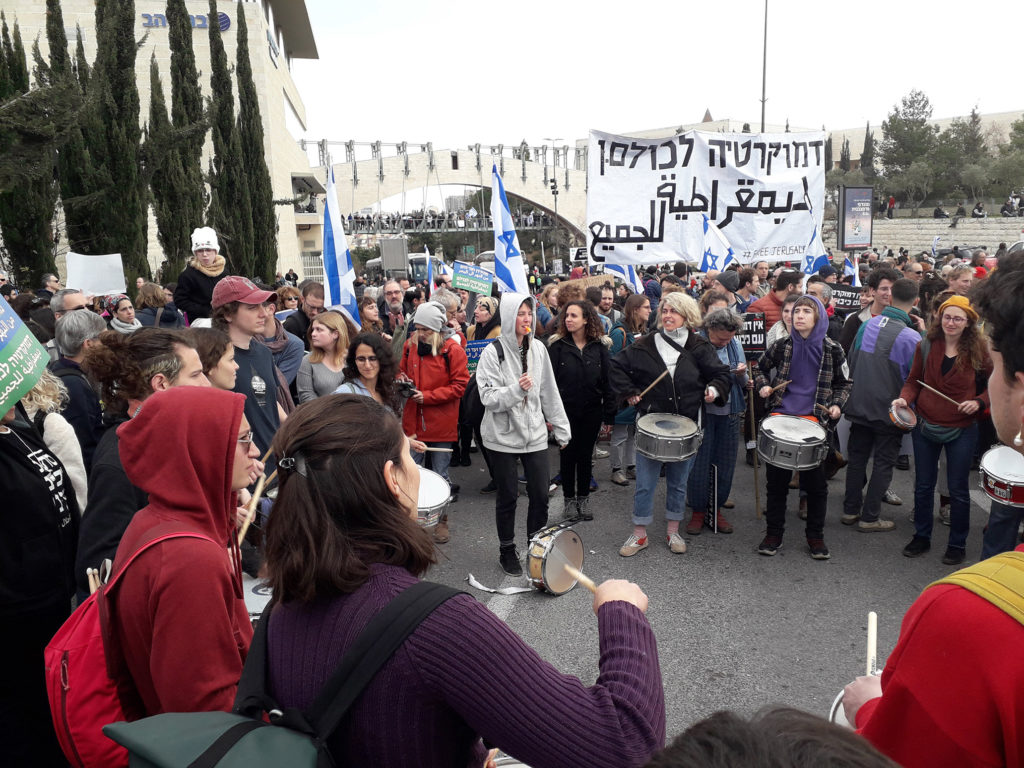A letter from the SFP director about the current political situation
The political and violent events in the region are happening upon us at a rapid pace. The recent arson attack and murder in Huwara village in the West Bank happened without real attempts by the Israeli security forces to prevent them. Within Israel, popular protests against the legislation to weaken the democratic aspects of the state are growing. It is needless to say that this legislation is a source of social tension that is felt everywhere. Within Jewish society, there are several minority groups, such as Ethiopian and Mizrahi Jews, that were not represented sufficiently in the legal system to begin with, and some of them hope this legislation would improve that. Yet, it is clear that these groups and the Palestinians, along with other marginalized groups, would be the first to suffer from this legislation and other actions this government would take. These complexities reflect the fact that there is more to this issue than merely being pro or against the legal reform.
Such events are extremely connected and influential to the daily work of the School for Peace.
One of the main issues of misunderstanding these days revolves around the disappointment of many Jewish protesters that Palestinians in Israel don’t join the protests against the coming legislation. From our experience in dialogue, it is easy to understand why Palestinians refrain from the protests, as they would only serve to protect a partial democracy that doesn’t treat them as equals. On top of that, Palestinians don’t feel strong solidarity from Jewish society in their ongoing struggle for equality in Israel, and against the occupation. This gap in political perception between Jews and Palestinians is an example for what our dialogue work in the School for Peace can address and bridge over.
Considering all this, the violence in places of friction between Jews and Palestinians is more present than ever. We assume this violence will increase and perhaps reach levels we have not seen in years, especially in the West Bank and mixed cities within Israel. We see it as our role to prepare for such events with the goal of mitigating them as much as possible.
Lastly, these events make us face a dark reality in which fewer and fewer people believe in the possibility for positive change, and many even treat such hopes as naïve. The lack of large institutions and state actors that fully strive for peace is also discouraging. As an educational institution understanding this crisis of hope, we stand strong in the midst of these problems by insisting on being a political home for our graduates and offering a model of partnership and equality.
We greatly appreciate the support we receive from abroad and convey it to our participants and graduates. Such support, may it be moral, emotional, or material, makes a real change.
Thank you,
Roi

